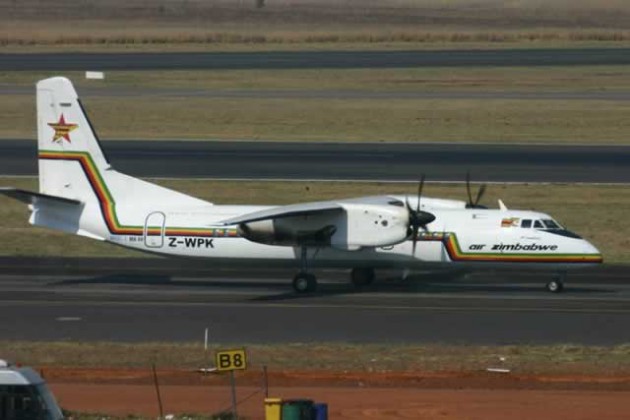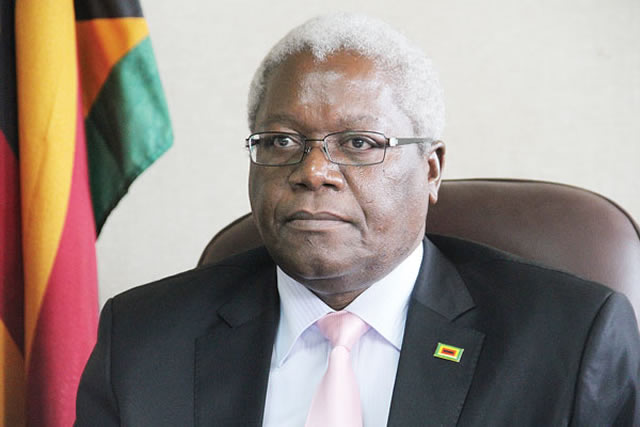EDITORIAL COMMENT: Airzim must safeguard nation’s image
UNFORTUNATE events that unfolded at the national airline, Air Zimbabwe, last week when it failed to fulfil some of its scheduled flights due to fuel shortages leave a lot to be desired.
The airline was forced to cancel all morning flights and had to approach regional counterparts for back up supplies of jet A1 while trying to bring its house back to order. Also caught up in the confusion at such a strategically important company are foreign airlines that had to improvise to ensure they had enough in the tank for their flights.
The development made local and international headlines, attracting negative publicity for a country that needs to be portrayed in positive light as it rebuilds its economy. Airzim is one of the brand ambassadors for the country, apart from its role in contributing to accessibility for personal, business, investment and leisure (tourism) purposes.
The airline does not need negative publicity that comes with such events; especially coming only two years after it was forced to ground operations due viability problems.
Airzim must be torch bearer for visitors to Zimbabwe and must be able to fly the country’s national flag high and with pride across the world, reflecting what Zimbabwe is.
The airline must tell the Zimbabwean story first from whomever it interfaces, which calls for astute management of its affairs to avoid negative publicity on itself and Zimbabwe. As such, management of affairs at the airline demand professionalism and good management skills of the highest order to be able to prevent happenings such as fuel shortage.
It is not exactly uncommon that airliners run out of fuel, but cognisant of the strategic importance of the company, enough fall back measures must be seen to be in place all the time.
In the absence of such, the airline will always be rocked by unforeseen events such as delays in the delivery of fuel, more so into a country that is far away from delivery sea ports.
Strategic planning is therefore of utmost importance to maintain fuel reserves that last a reasonable period in the event of delays in supply to avoid disruptions caused by shortage.
It must be pointed out that justifying the shortages by citing delays to deliveries of by a week cannot be accepted because, as a net importer, this should always be anticipated. The shortages may negatively impact many things including investment inflows, tourism volumes and income, general accessibility of the country and cause huge costs. Local, regional and international flights are disturbed when the airline and other foreign carriers cannot fuel or refuel to be able to fulfil their flights as originally scheduled. In the aviation industry time is of essence and delayed or missed flight may have serious negative impact of different nature on economies, companies and individuals alike.
Airlines may also be forced to take the risk of carrying highly flammable jet A1 fuel aboard their flights, which comes at a cost due to its weight and inconveniences attached.










Comments